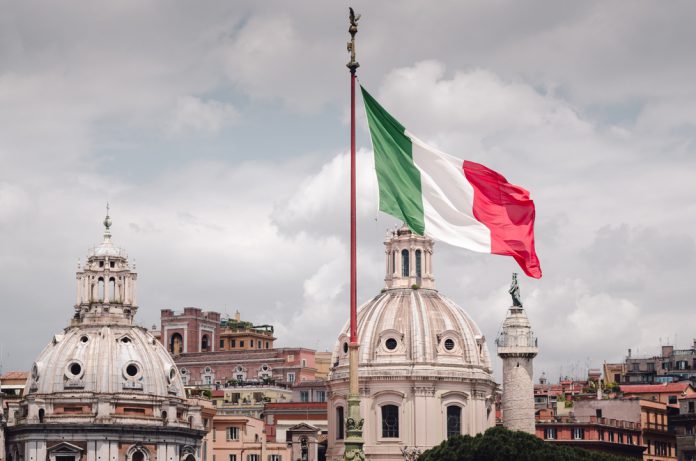Silvio Berlusconi has hoped to gain votes through his plans to deport 600,000 illegal immigrants from Italy, should his right-wing coalition enter government.
The former prime minister has formed a coalition with two far-right parties and hopes to win the general election planned for 4 March. Berlusconi has been banned from running for office after a series of scandals including tax fraud and sex parties.
In a TV interview, he expressed concerns about illegal immigration saying: “Immigration has become an urgent question, because after years with a leftwing government, there are 600,000 migrants who don’t have the right to stay. We consider it to be an absolute priority to regain control over the situation.”
“When we’re in government we will invest many resources in security,” he said. “We will boost police presence and reintroduce the ‘Safe Streets’ initiative … Our soldiers will patrol the streets alongside police officers.”
Italy’s election is likely to end in a hung parliament and a coalition with the right-wing government looks likely.
Opinion polls suggest that a coalition between Berlusconi’s centre-right Forza Italia, the Northern League and the post-fascist Fratelli d’Italia (Italian Brothers) is ahead with more than 35 percent before the vote.
Tensions in Italy remain high following the Macerata shootings that took place on 3 February.
In the attacks, an election candidate for far-right party Northern League, Luca Traini, went on a shooting spree where he targetted African migrants.
According to RAI television, five men and one woman were wounded in shooting. They were from Nigeria, Ghana, the Gambia and Mali.
Matteo Salvini, the leader of the Northern League distanced himself from the shootings but said: “I can’t wait to get into government to restore security, social justice and serenity to Italy,” he said.
Paolo Gentiloni, the current prime minister, said after the attack that “the state will be particularly severe against whoever thinks of feeding the spiral of violence”.

